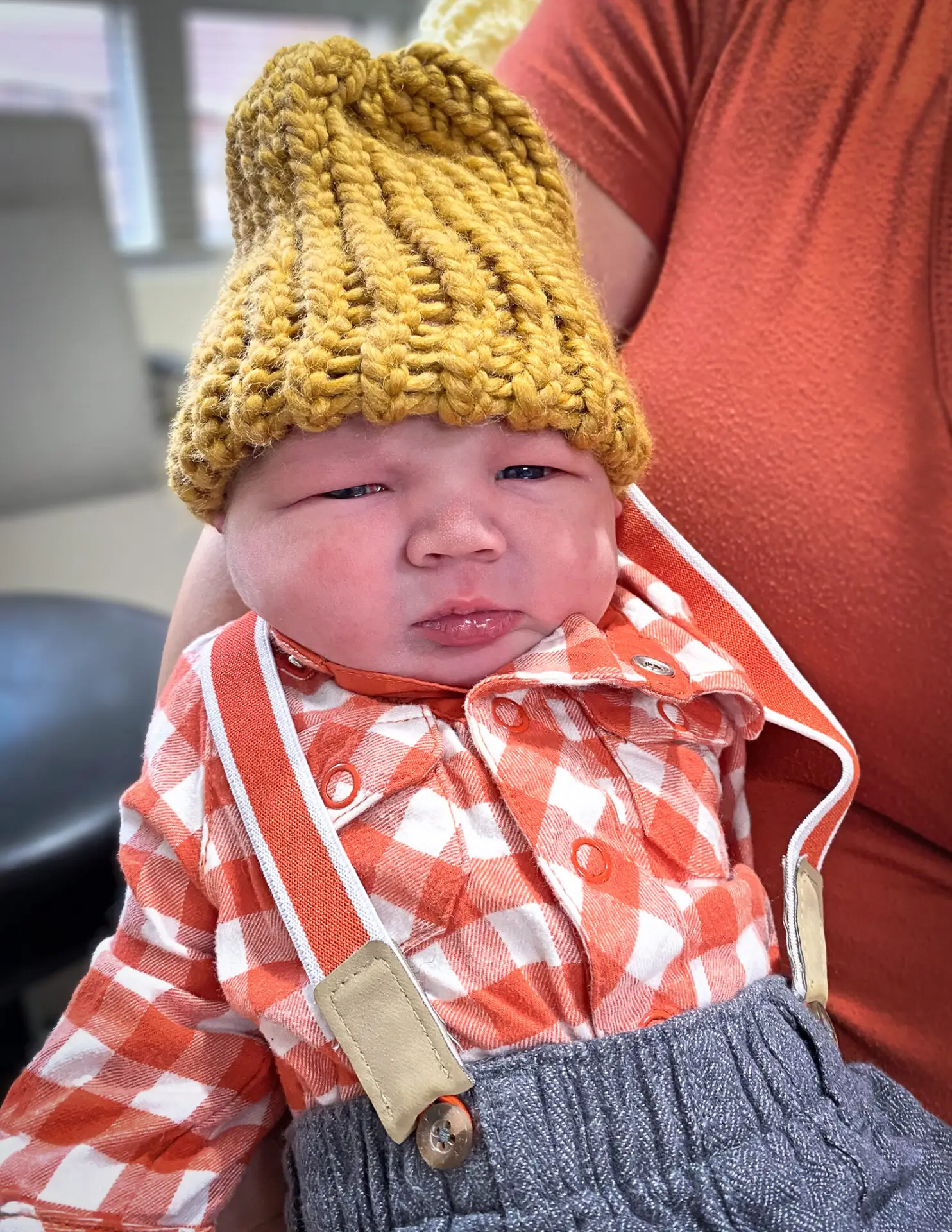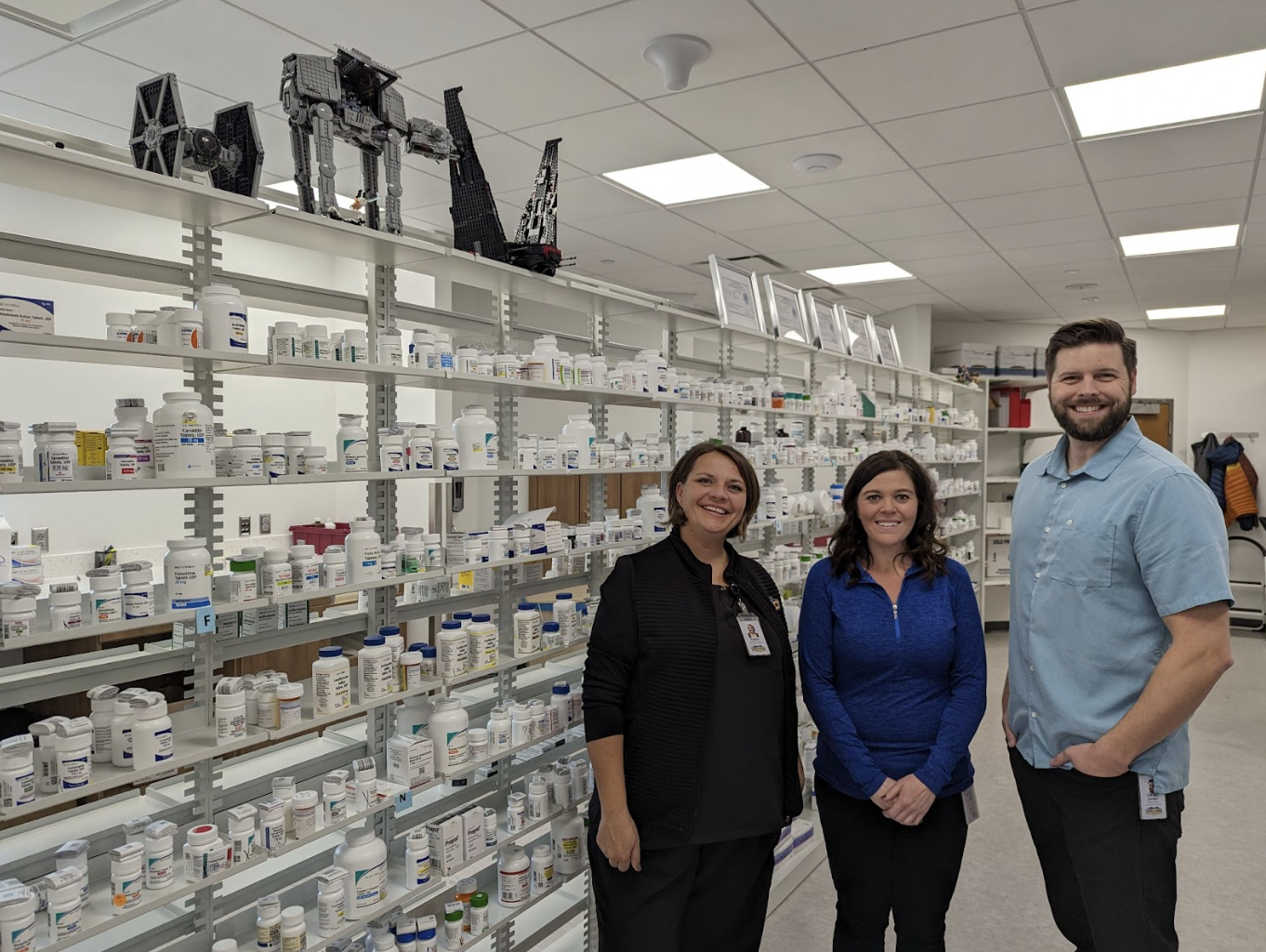“We’re at a very early stage of the game with antibody tests for COVID-19,” said Dr. Dylan Cole, chief medical officer at Moab Regional Hospital.
Dr. Cole says that while the hospital’s long-term strategy for dealing with the coronavirus in the region depends on increased testing, the science is still catching up on tests to see if a person has previously had the virus.
The current common test for COVID-19 relies on a swab from deep in a patient’s nasal cavity that looks for live virus, which would mean the person is both infected and can spread the disease to others.
The Utah Department of Health recently announced new recommendations that all people who show any one of six symptoms should be tested: sore throat, fever, shortness of breath, cough, muscle aches, or a loss of sense of smell or taste.
With fewer restrictions on who can receive a nasal swab-style test in Utah, Cole recommends that any people in the community who feel those symptoms call the Moab Regional Hospital’s COVID-19 hotline at 435-719-3998.
Another form of testing, antibody testing, looks for evidence in a person’s blood to see if they have been previously infected with the virus and recovered.
“We definitely want to move in that direction when we have some confidence in it,” said Cole, but for now he termed it the “wild west of antibody testing,” after the federal Food and Drug Administration loosened restrictions and allowed tests to go to market without thorough testing of their validity or accuracy. These tests are being sold and offered through some private practices.
“There are a lot of companies with a lot of offers and a lot of promises,” said Dr. Cole, “and there’s a lot of uncertainty about the accuracy of those tests.”
“Antibody tests have unique sets of challenges because there are multiple human coronaviruses,” said Cole, “and sometimes differentiating this coronavirus from another using antibody tests can be a challenge” and can lead to possible false positives for COVID-19.
“There are also still questions about what degree prior exposure may or may not lead to immunity from reinfection. That topic is currently still being studied.”
Dr. Cole pointed out that a month ago, concerns about limited testing loomed large, “but having inaccurate tests can be even more harmful.”
An inaccurate antibody test for COVID-19 could potentially lead a person to think that they are immune to the virus or cannot infect others and make important public health decisions based on that belief, Cole said.
“With all its flaws, widespread testing will still be an important part of the solution to allow us to move from the current degree of shut down towards getting some degree of economic activity going again,” he said.
Buyer beware of COVID-19 antibody tests
“We’ve seen that having limited tests creates some uncertainty, but having inaccurate tests can be even more harmful.”
– Dr. Dylan Cole, chief medical officer, Moab Regional Hospital



